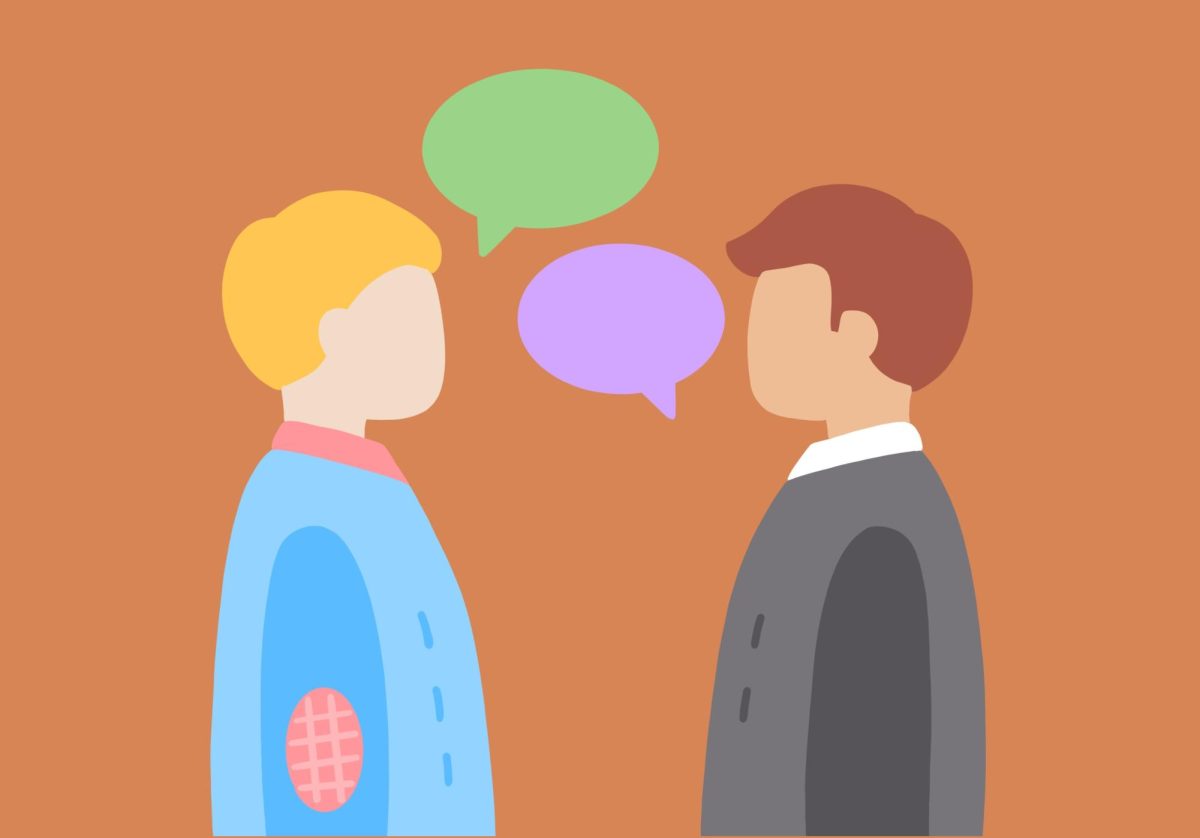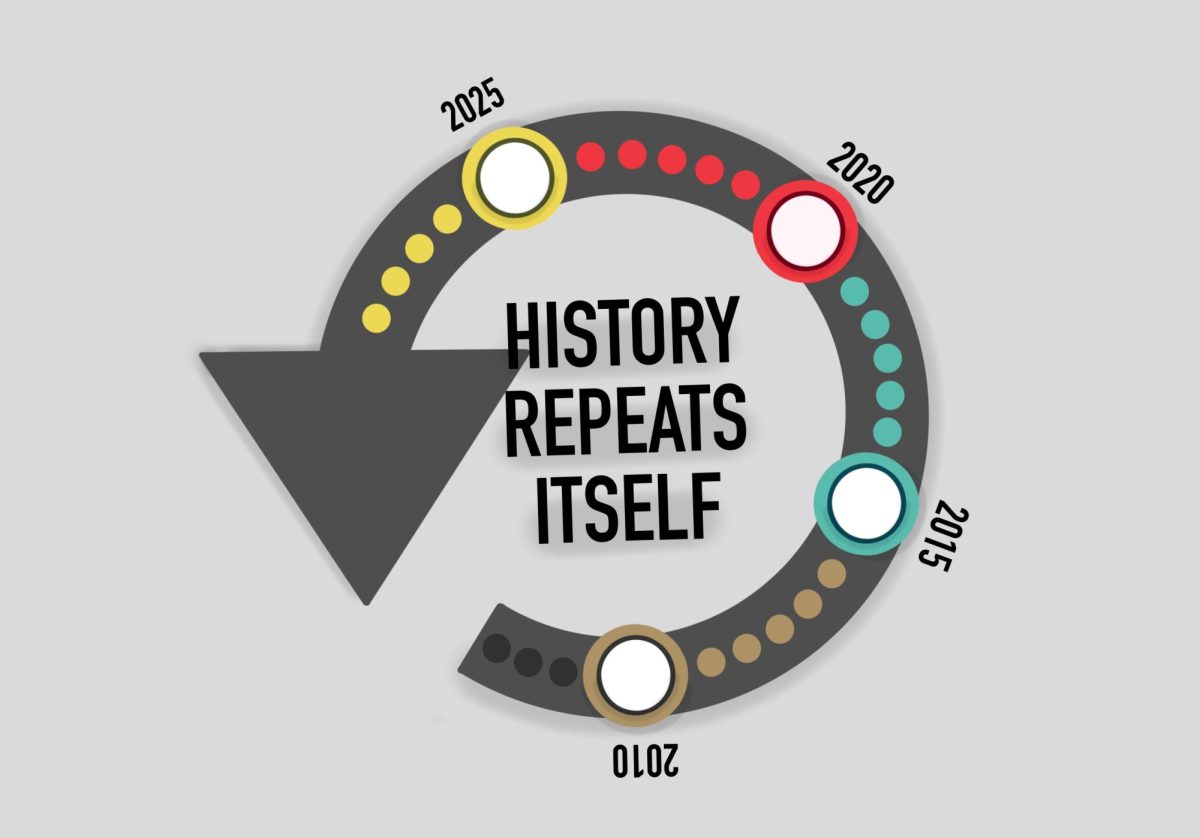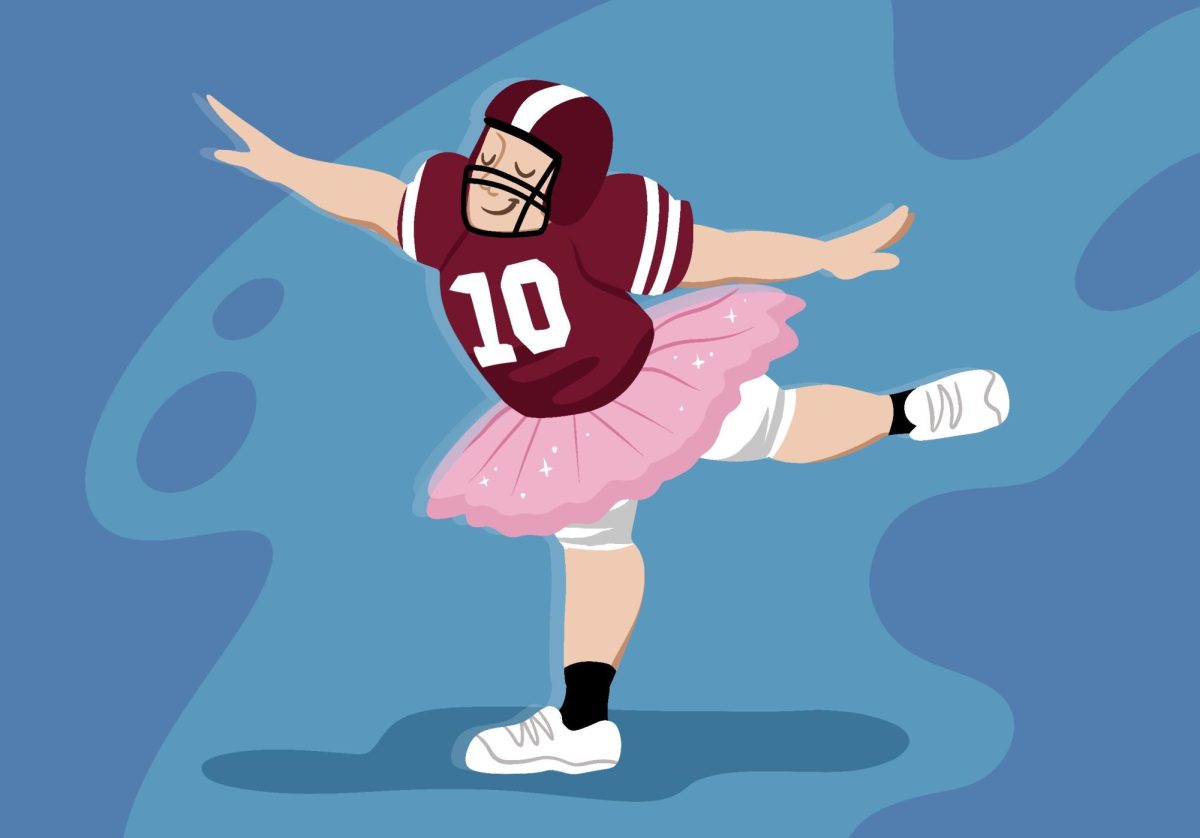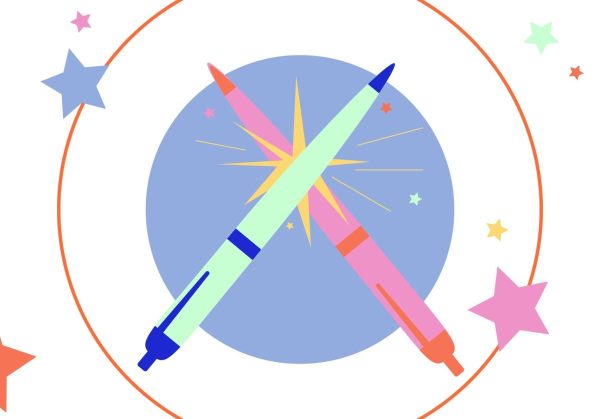Duke University, Rutgers University, the University of Notre Dame, Brown University and Cornell University are all schools that are completely unimportant. Yet, in the last few weeks, they have all been making headlines after their administrations announced the schools will be requiring students to have a COVID-19 vaccine come this fall. This appears to be a growing trend, as more and more colleges and universities grapple with whether they should institute their own COVID-19 vaccine mandate. However, in a shocking twist of events, not everyone is on board with this whole “coronavirus pandemic” thing. Apparently, recent studies find that one in five Americans say they still will not get a COVID-19 vaccine. Additional studies have also confirmed that five out of five people who still choose not to wear masks are complete idiots. This study was performed by me for the entirety of this past year, and I have to say my results have yet to prove me wrong. Regardless, it is clear that even though 211 million doses of COVID-19 vaccines have been administered as of April 20, the topic of the COVID-19 vaccine is still a hotbed for debate and criticism. So, how are colleges and universities planning to navigate this, especially when they consider requiring vaccination?
Like being able to perform a perfect keg stand, vaccines are not a new requirement when enrolling students into higher education. In fact, for almost a century, colleges and universities have required students to receive vaccinations, such as the measles, mumps and rubella vaccine. What makes the case with the COVID-19 vaccines particularly tricky and different from previous vaccines is that these vaccines were authorized for emergency use in the United States. That means that none of them (Pfizer, Moderna, or Johnson & Johnson) have received full approval by the Food and Drug Administration (FDA). Therefore, because it doesn’t have the seal of approval from the almighty FDA, there is a lot of legal ambiguity in whether or not colleges can actually enforce mandatory vaccination. Basically, people have the right under emergency use authorization of vaccines to choose whether or not they want to receive it.
The situation is like if you were a kid and you went over to your friend Derek’s house to go for a bike ride. Derek’s mom might say, “Hey, put on your helmet.” It’s like, yeah sure, it would make me safer and it’s probably the right thing to do. But technically, since it’s not against the law and Derek’s mom is not in charge of you, you have the right to say, “Eat shit, Derek’s mom,” and live your life as you see fit. As a result of this gray area in ethics and laws, many colleges and universities are choosing to wait things out. Some are leaving the decision to students. Some are hosting vaccine drives in hopes to vaccinate as many students as they can. And others may just be banking on the fact that the United States will reach herd immunity by the fall and they won’t have to make vaccination a requirement. Obviously, I’m hopeful the United States will stay on its projected path of vaccinations, which is set to reach herd immunity by August 2021. Yet, the world is crazy and screwed up, so for all intents and purposes, here are the pros and cons in my eyes to having colleges require vaccinations.
For starters, the biggest cons that stand out to me are the factors of race and enforcement. Now, this might surprise some readers, but the United States was founded in 1776, and yet somehow, people were racist even before that (a feat some bigots could only dream of!). As a result, we live in a nation whose bedrock is that of hate, racism, prejudice and vile. I used to think America’s biggest issue was the fact we kept putting Ben Affleck in movies (see: hate and vile). Jokes aside, it is obvious our country’s most glaring issue is systemic racism and all of our other embedded institutions that are built to oppress minority groups.
There are multiple examples from our nation’s history to suggest why many Black Americans aren’t super giddy about getting a COVID-19 vaccine. Many will immediately cite the “Study of Untreated Syphilis in the Negro Male,” or as it is commonly known as, the Tuskegee Syphilis Study. While this was a severe case of the United States medical system taking advantage of, lying to and harming Black people, this is not the only definitive reason why Black people are getting vaccinated at a slower pace than white people. For example, Black patients as a whole in the medical community are facing higher rates of untreated pain or complications or death after surgery than white patients. In a discussion with CNN, Dr. Kimberly Manning, a professor of medicine at Emory University, noted other factors affecting communities of color include access to vaccination clinics, needle phobias and literacy. NPR supported this notion with an analysis that proved that in states such as Louisiana, Texas and Alabama, there were fewer vaccine hubs in Black and Hispanic communities than there were in white neighborhoods. So, it’s not an issue of “hesitancy,” which Dr. Manning says is a word “fraught with peril” within communities of color, so much as it is an issue of accessibility and equality. Therefore, it seems complicated and problematic to say that colleges might require all students to get vaccinated but not necessarily help combat these issues with accessibility.
Another huge issue colleges and universities would need to figure out is the enforcement of such vaccine mandates. There are issues that could make it difficult to do so. For example, many state laws indicate that colleges cannot force students to receive a vaccine against their wishes if they have legitimate medical excuses or if they want to deny vaccination for religious reasons. Additionally, schools like Cornell will be requiring students to show proof that they have been vaccinated, but a) there is no universal vaccine credential, and b) those little white cards a lot of us have gotten are pretty easy to forge.
So, while I do believe in modern medicine and science, I can’t write about vaccinations without mentioning these cons and possible downsides. However, on the flip side, there are some pros to having colleges and universities require COVID-19 vaccinations for all students. For starters, requiring students to get vaccinated is probably the fastest and most surefire way for colleges to return to normal campus life. Furthermore, for schools like the University of Minnesota, which is surrounded by the numerous suburbs and communities of the Twin Cities, requiring students to get vaccinated will not only protect them but all of our neighbors as well. Case in point, NPR published a report showing how easily college students spread disease and viruses like COVID-19 to nearby communities when the right quarantining and medical precautions are not taken. Requiring COVID-19 vaccines could, in turn, result in protecting an even larger group of people beyond just students. Finally, there are plainly just the health benefits. If colleges require the vaccine, then students will be that much safer. As someone who believes that the vaccines work, I think that’s a no-brainer. If we can keep students safe and healthy, why wouldn’t we?
Overall, my opinion is if things suddenly become worse or there are new strains of COVID-19 tearing the country apart, it would be more than reasonable to require college students to get a vaccine. I believe the COVID-19 vaccines are safe and that it would be wise for any and all people who are able to get the vaccine to do so. However, I am hopeful that our country will reach herd immunity and colleges won’t have to make the vaccination process required. The end goal is to not perpetuate any more of our country’s already glaring issues with race and accessibility.














